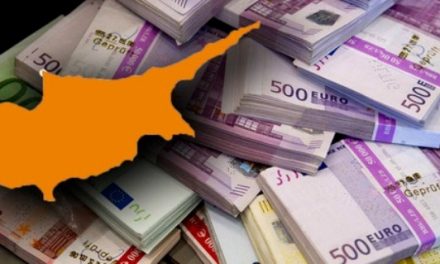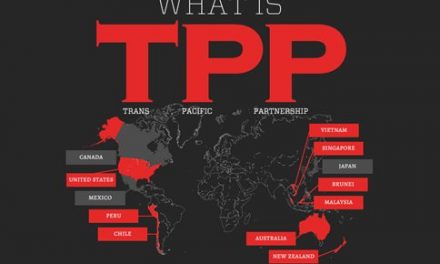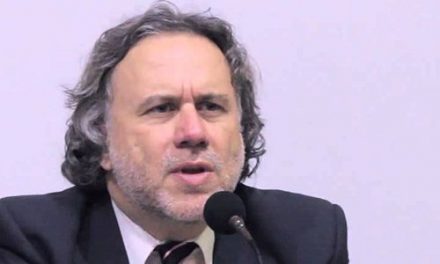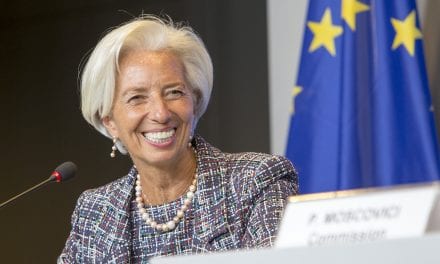By Katy Barnato, CNBC
Greece's cost of borrowing has risen sharply this week thanks to a return to political uncertainty and fears that next year's draft budget will not be approved by the country's international creditors.
While nowhere near the dizzyingly high levels that sent the country to ask for an international bailout in 2010, yields on 10-year sovereign Greek debt hit 6.284 percent on Wednesday—the highest level since August 13. Yields remained elevated on Thursday at 6.123 percent. According to Bank of America Merrill Lynch, Greek bonds have gained around 44 percent over the last year, making them the top performer out of all global equity and bond classes.
In addition, spreads on Greek five-year credit default swaps (CDS) continued widening, suggesting a fall in perceptions of the country's credit worthiness. On Wednesday, spreads widened by 15 basis points or 3.2 percent, making Greek CDS one of the day's weakest sovereign performers, according to Markit.
Investors are concerned that politicians will fail to agree on a new president to replace Karolos Papoulias in March. This could trigger early elections—a regular occurrence in Greece—and cause the current coalition government to collapse.
In turn, this could jeopardize Greece's progress in making economic reforms, on which continued assistance from the "Troika" of international organizations in charge of Greece's 240 billion euro bailout—the European Central Bank, the European Commission and the International Monetary Fund is contingent. Currently, Greece hopes to graduate from its loan program in 2016 without further assistance—just as Ireland and Portugal did this year.
"There is the ever-present threat that we have in Greece of early elections, with the belief that Syriza, the extreme left party, will probably get in," Marc Ostwald, a strategist at ADM Investor Services, told CNBC TV on Thursday.
"Syriza is known for basically saying, we don't believe in austerity, we don't believe in any of the measures that have been imposed on us by the Troika and we certainly do not believe in any of the reform measures that have been imposed."
Investor fears on Wednesday were also piqued by media reports that Greece had cuts it forecast for next year's budget surplus to below levels agreed by the Troika.
Greek language Ekathimerini newspaper said the 2015 primary surplus was now seen at 1.3 billion euros ($1.7 billion) less than previously forecast, citing the first draft of next year's state budget. This was sent to Troika on Wednesday for approval.
The draft budget provides for a surplus of 2.3 percent of GDP next year, even though a target of 3 percent had been agreed with creditors, according to Ekathimerini. It also reported that the draft included further measures to ease taxation.
"There is probably some concern this will not be enough to satisfy the Troika," ADM Chief Economist Stephen Lewis told CNBC by phone on Thursday.
The final version of the budget will be presented to the Greek Parliament on October 6.
"It is great news that they are saying they can fund next year's budget on their own, without any assistance, but it is very unclear about what will happen for 2016," said Ostwald.
"The real worry for financial markets is that if they exit Troika monitoring, the reform process, which has been lagging what has been demanded of them, will suddenly stall and they will probably find themselves back in problems again."



















